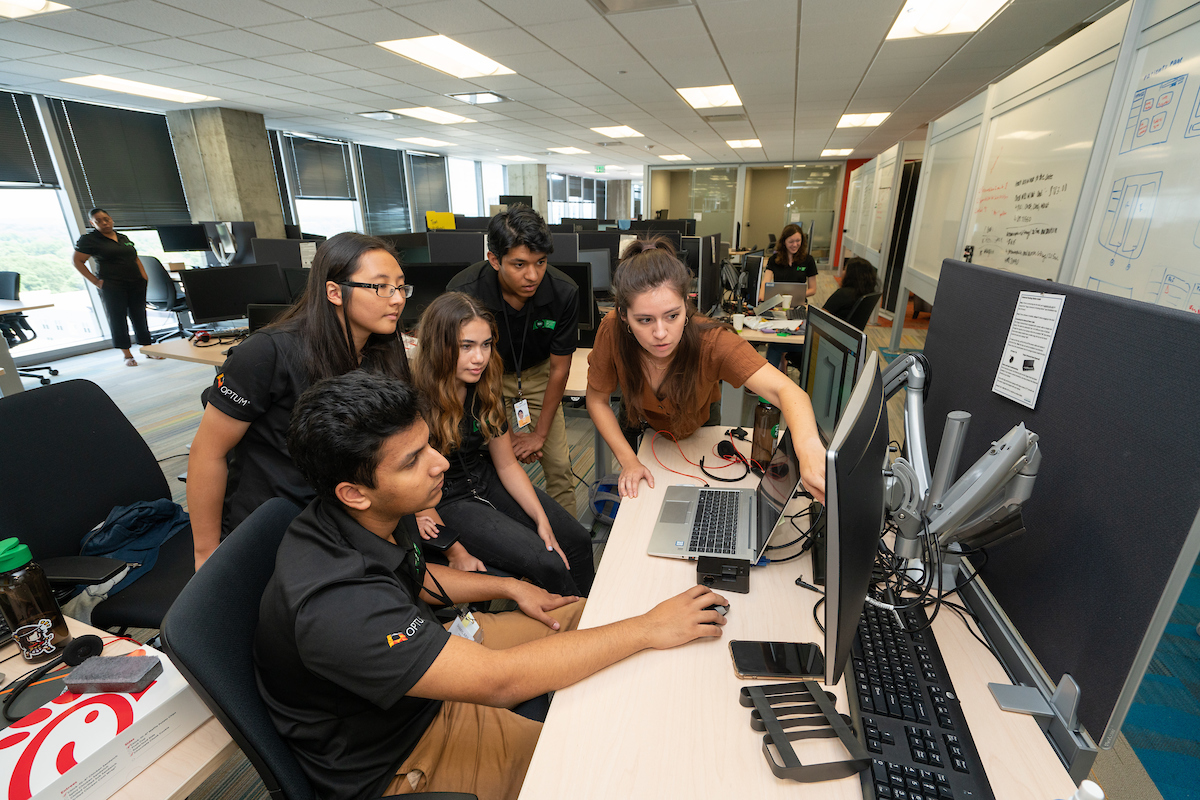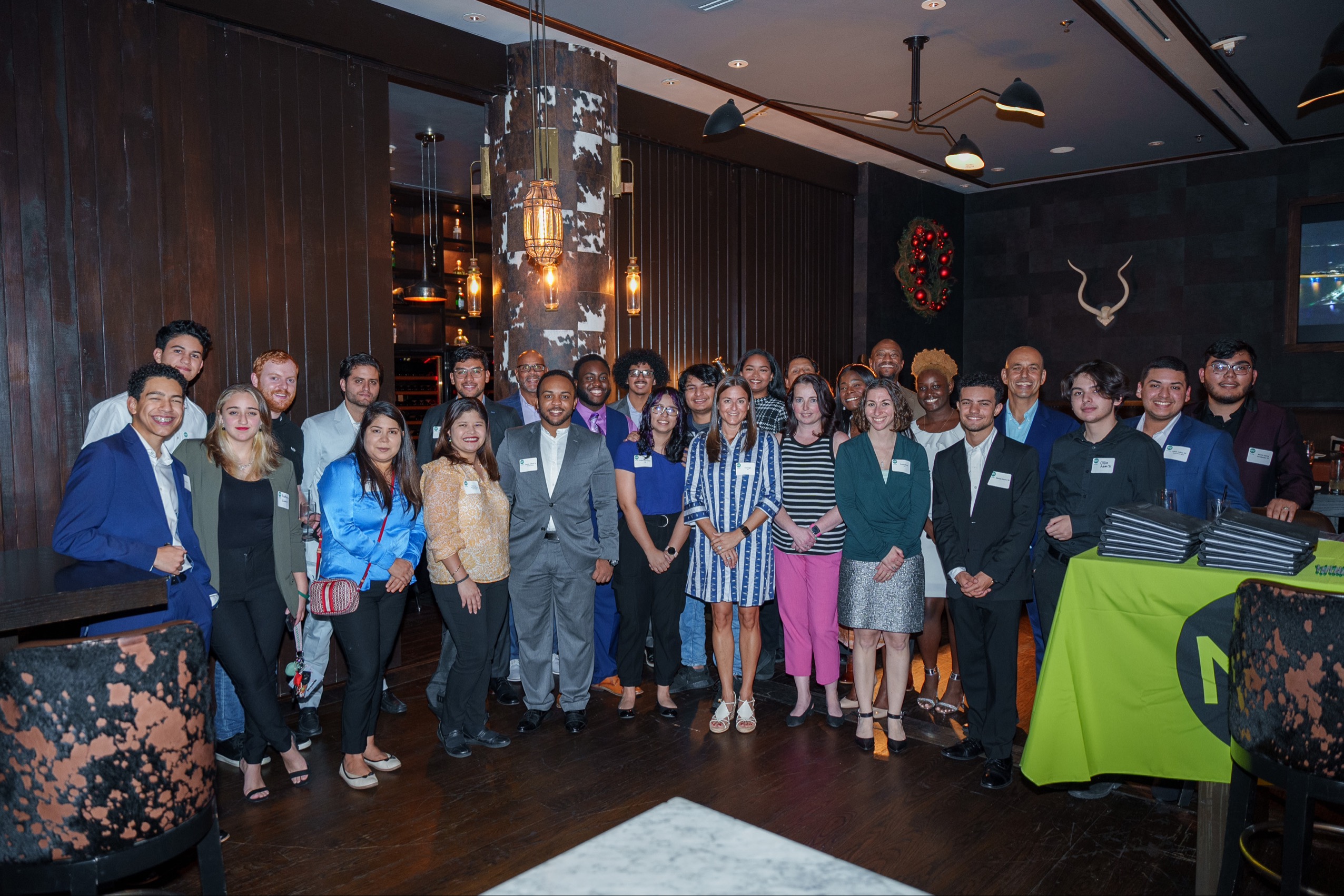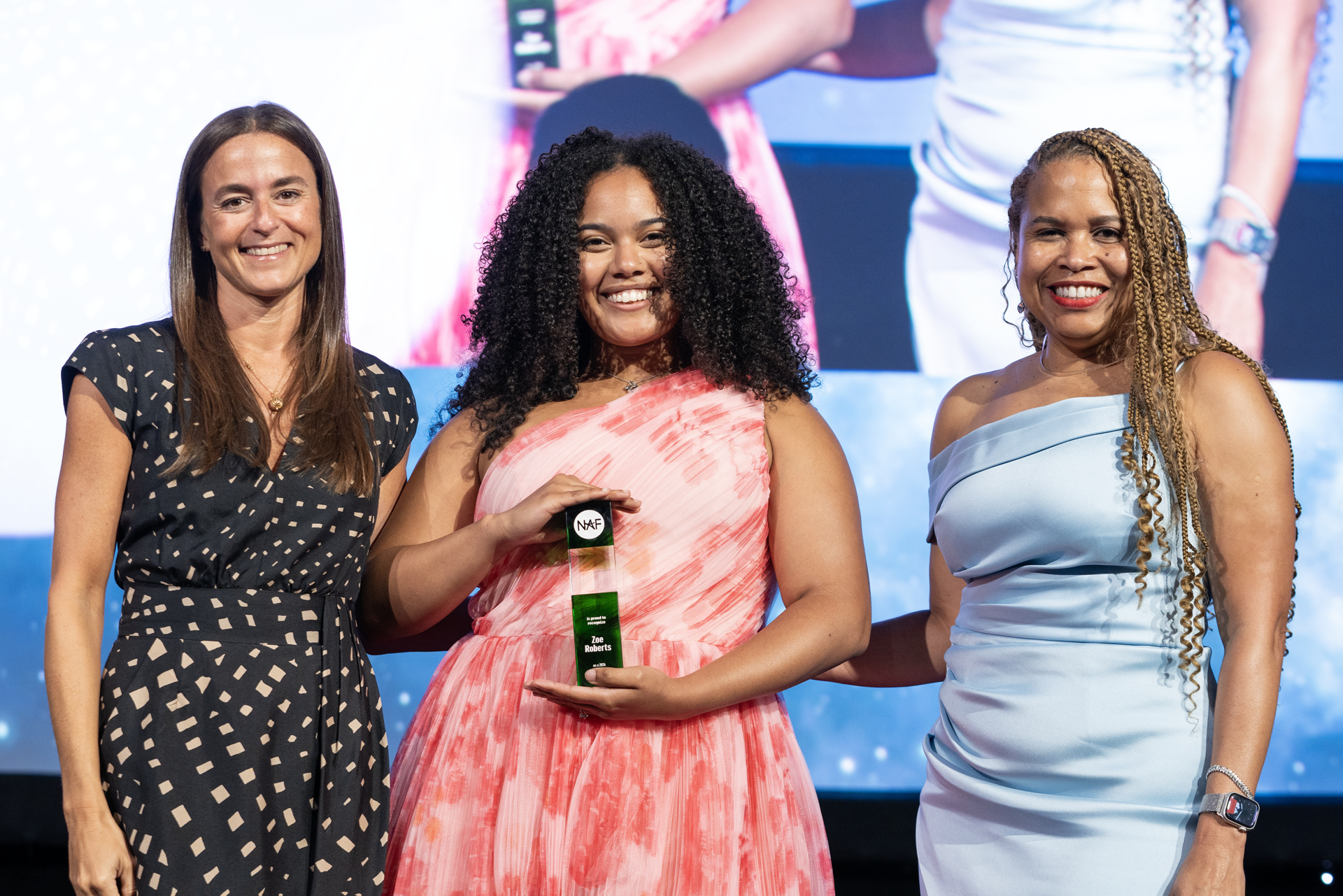Welcome to the Future: Kicking Off National Engineers Week 2024
How a Sense of Curiosity and Wonder Inspired My Journey
In celebration of National Engineers Week 2024, I am excited to recall the very first memory I had of falling in love with science and engineering. I had first seen Saturn’s rings, through the pictures taken by Cassini, and remember to this day how vivid the image was.
I was in the third grade, in the back of my math class using the school computer. I scoured the website for pictures from other missions, including Sojourner, Cassini, and the space shuttles.
My teacher printed out the pictures for me and attached them on a piece of yarn. That booklet was one of the prized possessions of my childhood.
That same year, my dad took me to my hometown’s Discovery Center to see the stars through telescopes on the top of the parking garage. One of the volunteers used a laser pointer to show me where the telescope was, looking for worlds our eyes could only see as bright dots.
I chose to study science and engineering to pursue the sense of curiosity and wonder I have had since childhood – nurtured by my parents and educators. My skills continued to be developed through my NAF Academy of Engineering experience, at Charlotte Engineering Early College, and my experience is further being built as I lead my own company called Tetsuone Scientific.
Additionally, my academy’s project-based learning focus helped me to shape valuable soft skills — teaching me that engineering is much more than AutoCAD, calculus, or programming. It’s also about being able to effectively delegate tasks, as well as communicate problems and solutions effectively. I also was able to sharpen my networking and communication skills, through working with a team and navigating project management – which I found to be key differentiators in preparing for my next steps after high school.
I completed two internships while at my NAF academy, one with a bioinformatics research lab at The University of North Carolina at Charlotte (UNCC), and one with programming company, Mindblazer. At Mindblazer, I had my first experience coding in a professional capacity, and with UNCC’s Cooper Lab, I wrote scripts to help analyze pieces of DNA that would later be stitched together to form full-genome sequences. These internships taught many valuable skills, but most importantly, they helped to destigmatize engineering. It is easy to place a mental block in your mind that separates you from professional success, especially when you did not grow up around scientists and engineers. It is a new world, and it can be scary. Starting internships at a young age and realizing that I am capable of success in science and engineering was instrumental to getting me to where I am now.
After graduating from my NAF academy, I continued my education at Caltech. I began a B.S. in Computer Science in 2021, before switching to Biological Engineering in my sophomore year, after working as a student researcher in a synthetic biology lab. At Caltech, I worked to explore the intersection between engineering and entrepreneurship, that I had first discovered working at an EdTech startup in Charlotte. I joined a student-run venture capital group (Crescent Fund), managed business activities for the school’s racing team and SPHE chapter, and co-led an NSF I-CORPs grant, to explore commercializing a technology developed by Caltech’s Dariao Lab. My involvement with I-CORP took me to 25 cities in 6 countries, speaking to experts at every point of the biomaterials supply chain, helping to teach me the language of customer discovery and intellectual property.
I’d soon apply those skills in New York, where I was offered a seat in Entrepreneur First’s (EF) inaugural U.S. cohort, which brought together 20 incredibly talented people with backgrounds in STEM from across the world. The program gave us three months to find a co-founder within our cohort, develop a hunch for a business idea, and rigorously test the hunch until we had devised a business plan. Teams that passed review by an investment committee would receive a pre-seed investment and be invited to continue the program in Silicon Valley, where EF will assist in raising a seed round.
In March, my cofounder and I will work on raising our next round and continue building our prototype to understand how we can best assist our client in advancing their mission of finding therapies for rare diseases. We are hopeful that we will continue to partner with organizations that are working on such impactful research. We also plan to expand our team with talent to make rapid progress in tackling this difficult, but enormously consequential, problem.
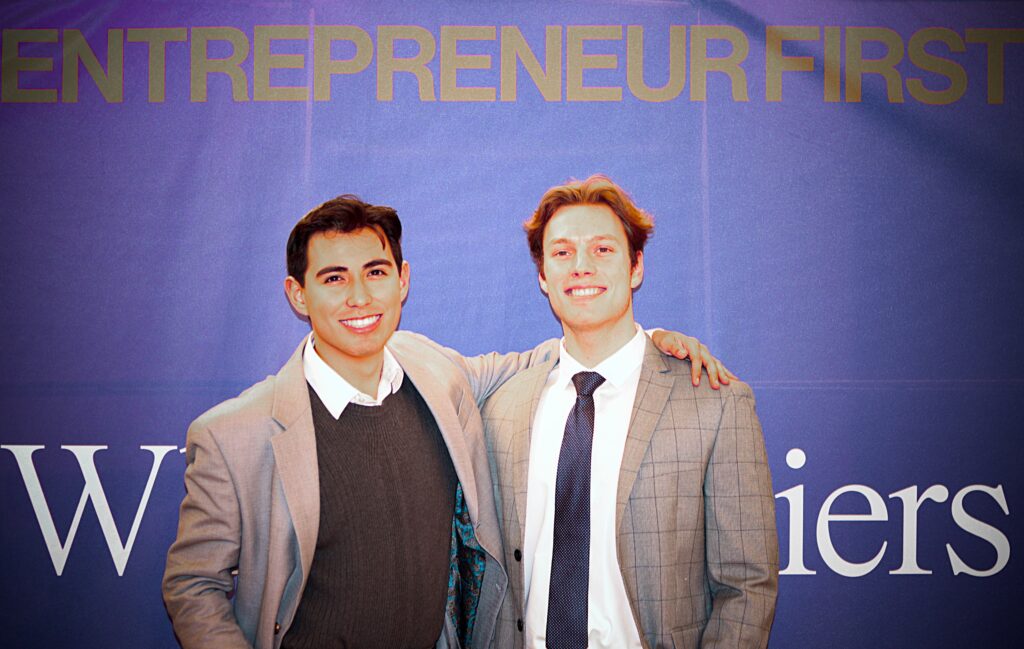
As I think about my future, it’s tough to say where I will be in five years. I am not sure where I will be tomorrow or next week. However, I would like to think that I am still chasing the sense of curiosity and wonder that inspired me to pursue science and engineering when I was a child.
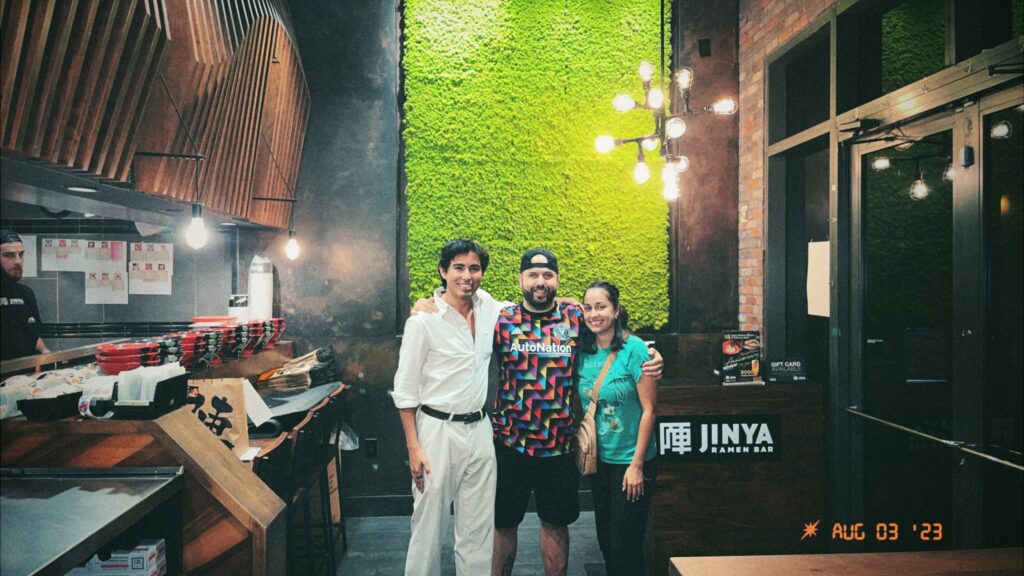
I also had the opportunity to participate in NAF’s Alumni Mentorship Program. The experience helped me grow not only as a professional, but as a person. At first, I did not know how much overlap my mentor and I would have, as he works in the sports and entertainment industry. Any doubts I had about how much we had in common disappeared after our first call. Colby helped me to think about how I further develop my soft skills and helped to reinforce my ethical decision-making abilities. He has been incredibly supportive as a mentor, and I am grateful for his time and advice.
As we reflect on this important week, I’d like to impart some advice to the engineers coming after me and feel like Steve Jobs said it best. “When you grow up, you tend to get told the world is the way it is, and your life is just to live your life inside the world… Everything around you that you call life was made up by people that were no smarter than you and you can change it, you can influence it, you can build your own things that other people can use.”
You are no different from the engineers building the rovers that will explore our solar system at NASA, the PhDs at elite universities, or the ambitious business people that will redefine their industries. We are all just people, and it is important not to lose sight of that, even though it can be difficult to let suits or titles obscure that fact. Do not put up mental barriers that tell you what you are not capable of and convince you that you are fundamentally different from the successful people you read about. You are capable and will build the future that we all will celebrate.
For additional resources, check out these videos:



